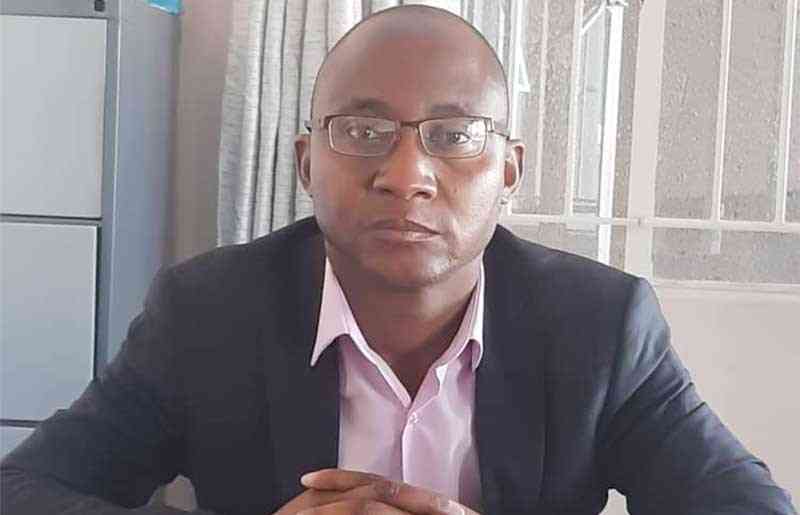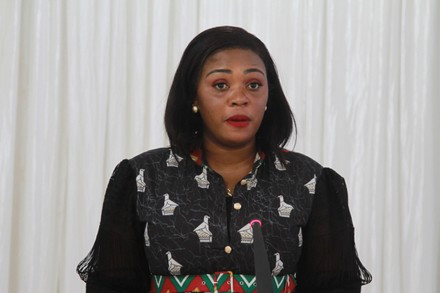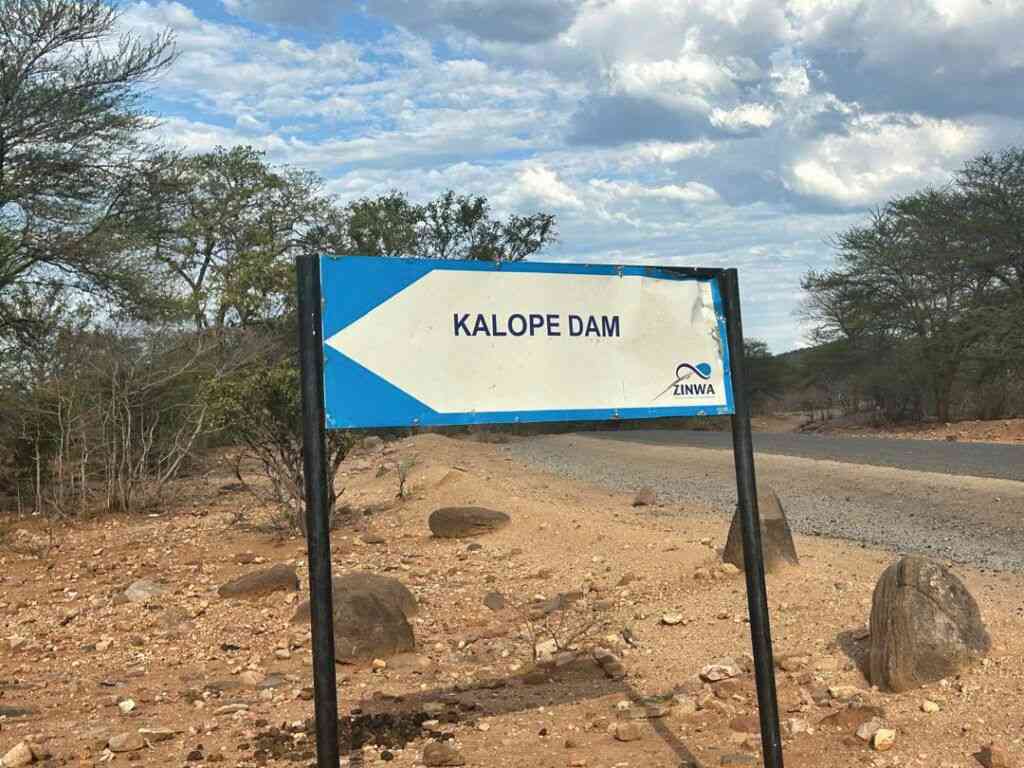
ZIMBABWEAN health experts have raised concern over the newly-inaugurated United States President Donald Trump’s decision to withdraw his country from the World Health Organisation (WHO) saying the world’s largest economy was one of the major funders of the United Nations agency.
Trump accused WHO of mishandling the COVID-19 pandemic and other international health crises, adding that it had also failed to act independently of the inappropriate political influence of member States.
“World Health Organisation ripped us off, everybody ripped off the United States. It’s not going to happen anymore,” Trump said during the signing of an executive order on the withdrawal, shortly after his inauguration to a second term on Monday.
Analysts told NewsDay yesterday that Trump’s decision will affect the country’s health delivery programme funded through WHO.
Medical and Dental Private Practitioners of Zimbabwe Association president Johannes Marisa said the withdrawal would be a serious blow to international health systems.
“In terms of disease outbreaks, like recently with the Mpox, with the COVID-19, with other diseases, measles and so forth, WHO has to do serious surveillance, has to do serious communication, undertake contact tracing and has to do serious case management.
“These programmes or strategies were funded by WHO, which is sponsored by the US among other countries meaning failure to access money or to have adequate funding, the World Health Organisation will be on its knees,” he said.
Itai Rusike, Community Working Group on Health executive director expressed hope for a way out of the impasse between the US government and WHO.
- Young entrepreneur dreams big
- Chibuku NeShamwari holds onto ethos of culture
- Health talk: Be wary of measles, its a deadly disease
- Letter from America: Is former president Donald Trump a hero or villain?
Keep Reading
Rusike said WHO being the global authority on health required all the support both technically and materially to fully execute its mandate.
“The withdrawal of the US implies it will not provide the support which we hear amounts to about a fifth of the WHO budget and this is of concern when health challenges are increasing.
“This has considerable impact on the organisation’s operations at all levels and may result in reduced support for our country when the fragility of our health system demands more resources,” he said.
Rusike said Trump’s decision served as a reminder to governments to quickly move towards self-sustenance.
Tendai Westerhof, Pan-African Positive Women’s Coalition Zimbabwe’s national director, echoed the same sentiments highlighting issues of sustainability.
“80% of our funding comes from external donors and we only have 20% that we mobilise locally. So really, this calls for us as countries, especially us in the developing world, to be not too dependent on external funding.
“We appreciate that the US was funding PEPFAR and a lot of money was coming into countries through PEPFAR, through the global fund and WHO, it's a world organisation that does not discriminate,” she said.
Westerhof added: “We must look internally and be innovative to see how best we can increase our internal domestic funding to the health budget in particular.”
In a statement yesterday, WHO director Tedros Adhanom Ghebreyesus said news of the US’s withdrawal from the organisation was regrettable.
He said WHO played a crucial role in protecting the health and security of the world's people by addressing the root causes of diseases building stronger health systems, and detecting, preventing and responding to health emergencies.
“The United States was a founding member of WHO in 1948 and has participated in shaping and governing WHO's work ever since, alongside 193 other member States, including through its active participation in the World Health Assembly and Executive Board,” he said.
Tedros expressed hope the US will reconsider and engage them “in constructive dialogue to maintain the partnership between the US and WHO.”











